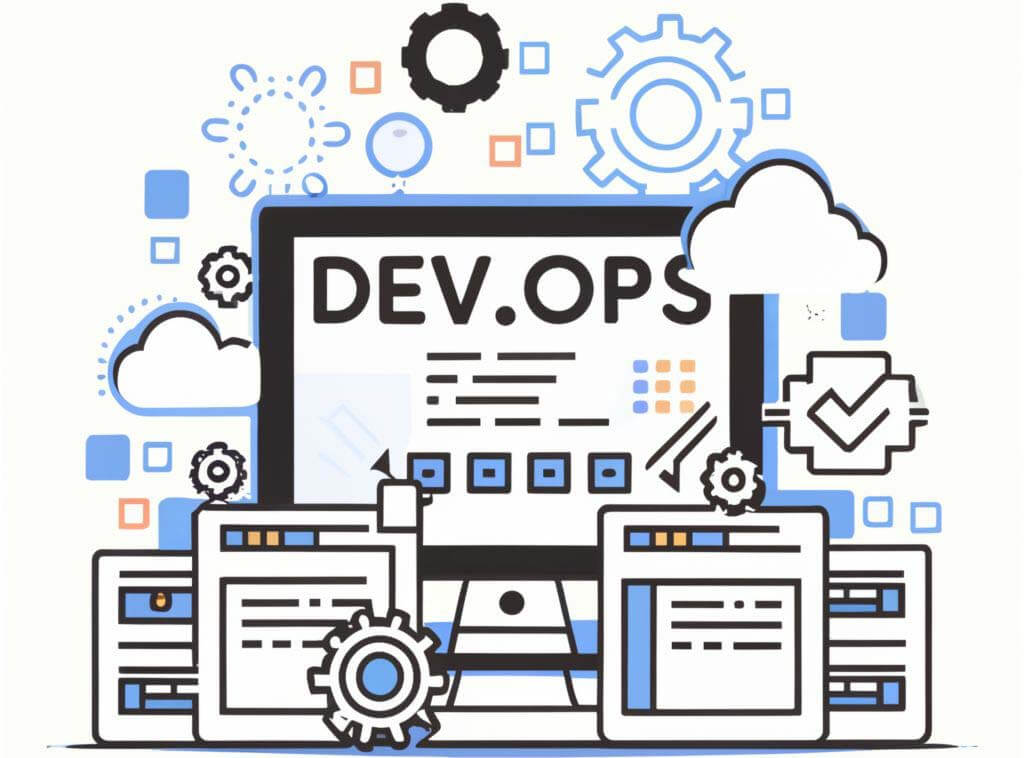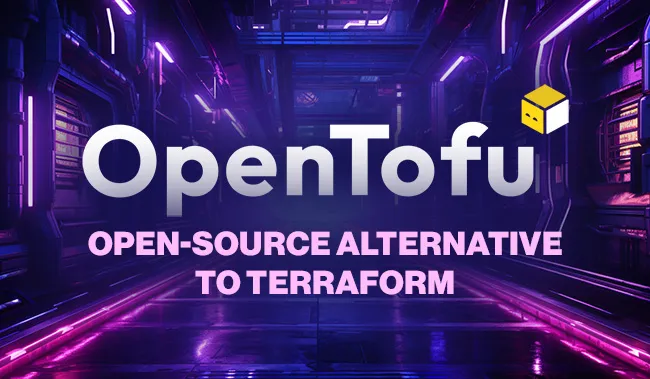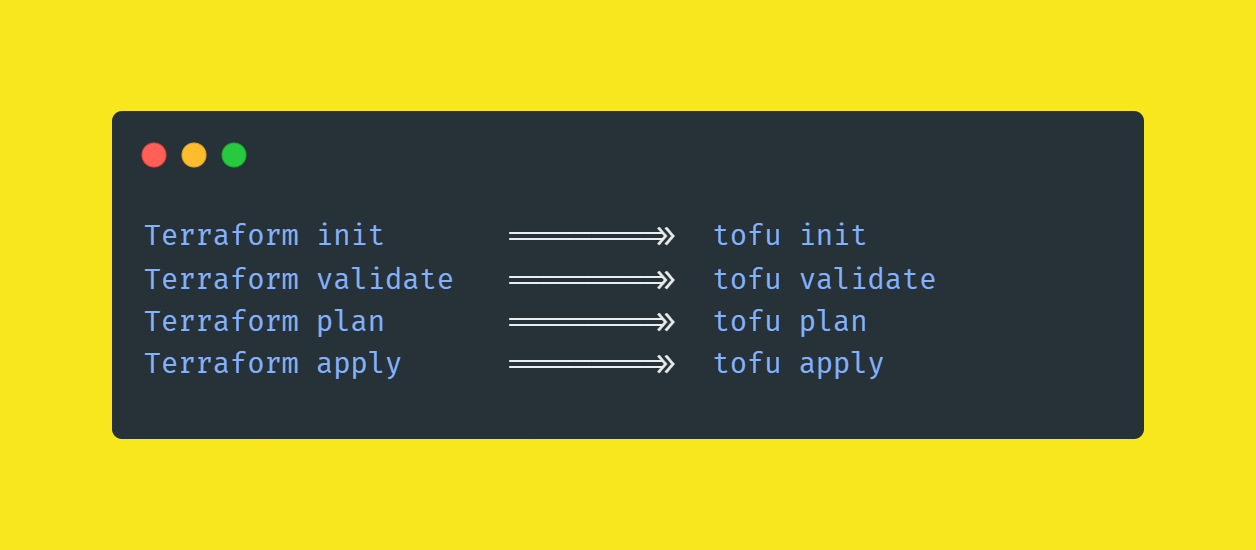Terraform VS OpenTofu
 gopi krishna
gopi krishna
1. Origin and Purpose:
Terraform: Developed by HashiCorp, Terraform is a widely-used Infrastructure as Code (IaC) tool that allows users to define and manage data center infrastructure using a declarative configuration language. In Aug10 2023, HashiCorp transitioned Terraform’s license from the Mozilla Public License (MPL) to the Business Source License (BSL), which led to concerns about its openness.
OpenTofu: Created as a response to the license change of Terraform, OpenTofu aims to offer a truly open-source, community-driven alternative. It was initiated to maintain the principles of openness and community governance in infrastructure management.
2. Governance:
Terraform: Managed by HashiCorp, a single company, which controls its development and roadmap. The change to BSL raised concerns about potential vendor lock-in and restricted commercial use.
OpenTofu: Governed by the Linux Foundation, ensuring a decentralized and community-driven development process. This model promotes transparency and prevents control by any single entity.
3. Compatibility:
Terraform: As the original tool, Terraform has broad adoption and compatibility across various cloud providers and infrastructures.
OpenTofu: Designed to be a drop-in replacement for Terraform, particularly compatible with Terraform versions 1.5.x and most of 1.6.x. This allows users to migrate their existing Terraform configurations to OpenTofu with minimal changes.
4. Community and Development:
Terraform: Development is primarily driven by HashiCorp with community contributions. The company sets the priorities and roadmap for new features.
OpenTofu: Encourages extensive community involvement, with detailed guides on contributing and a transparent development process. The focus is on addressing community feedback and adding features based on collective input.
5. Features and Functionality:
Terraform: Provides a comprehensive suite of features for defining and managing infrastructure, including support for multiple cloud providers, state management, and various configuration options.
OpenTofu: Aims to replicate Terraform’s functionality, including defining infrastructure with a declarative language and managing resources across cloud environments. It also includes planning, approval processes, and state management features.
6. Licensing:
Terraform: Released under the Business Source License (BSL), which restricts certain commercial uses and modifications. This change raised concerns about the tool's openness and accessibility.
OpenTofu: Released under the Mozilla Public License (MPL), which is seen as more permissive, particularly for commercial use and distribution. This licensing aims to maintain the open-source nature of the tool.
7. Community Sentiment:
Terraform: While widely used and supported, the licensing change has led to mixed reactions within the community, with some expressing concerns about the future openness of the tool.
OpenTofu: Received a positive reception from parts of the DevOps community for its commitment to an open-source model. The project has garnered support from various organizations and individuals seeking an alternative to Terraform.
8. Future Prospects:
OpenTofu: Focuses on maintaining feature parity with Terraform while also innovating based on community feedback. The goal is to introduce new features and improvements that align with the needs and preferences of the open-source community.
Terraform: Continues to evolve under HashiCorp’s direction, with new features and improvements guided by the company’s priorities.

Subscribe to my newsletter
Read articles from gopi krishna directly inside your inbox. Subscribe to the newsletter, and don't miss out.
Written by

gopi krishna
gopi krishna
Aspiring DevOps Engineer currently in my final year of engineering. Passionate about cloud infrastructure, automation, and continuous improvement. Skilled in AWS, Terraform, CI/CD, Docker, Kubernetes, and monitoring tools like Prometheus and Grafana. Proficient in both Java and Python, with familiarity in the Spring Boot framework. Eager to learn and grow in the DevOps field, and excited to share my journey and insights with the tech community. Follow my blog for tips, tutorials, and experiences in building efficient and scalable systems.